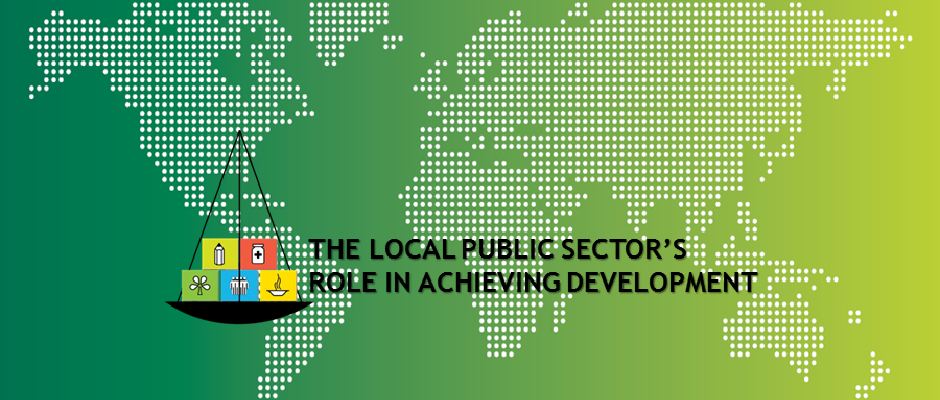
Public sector decentralization has become a nearly ubiquitous part of efforts by developing and transition countries to improve development management. It has performed unevenly, exhibiting both positive and problematic consequences.
This paper argues that decentralization has been framed and studied in disjointed and incomplete ways that fail to offer a suitably strong basis for its effective use. It also reviewed some neglected constraints on effective decentralized public management in developing countries and called for thinking in a broader way about designing and implementing associated reform.
Since decentralization entails many aspects of public sector activity in variable environments, it faces unusual – even for public sector reform -diversity in how it is perceived and how it unfolds. The elements of diversity -basic contextual factors, evolving national and local political and bureaucratic dynamics, and roles of international agencies in aid dependent countries, among others – shape what is feasible relative to normative goals. Deeper integration of these factors into decentralization analysis can inform improved design of local public management as well as more strategic and sustainable avenues for implementation.
Read the full paper here.
Paul Smoke. 2015. “Decentralized Public Management: Crafting Improved Analysis to Facilitate Better Performance in Developing/Transitioning Nations”, Paper presented at International Research Society for Public Management Conference, Birmingham. May 2015.



